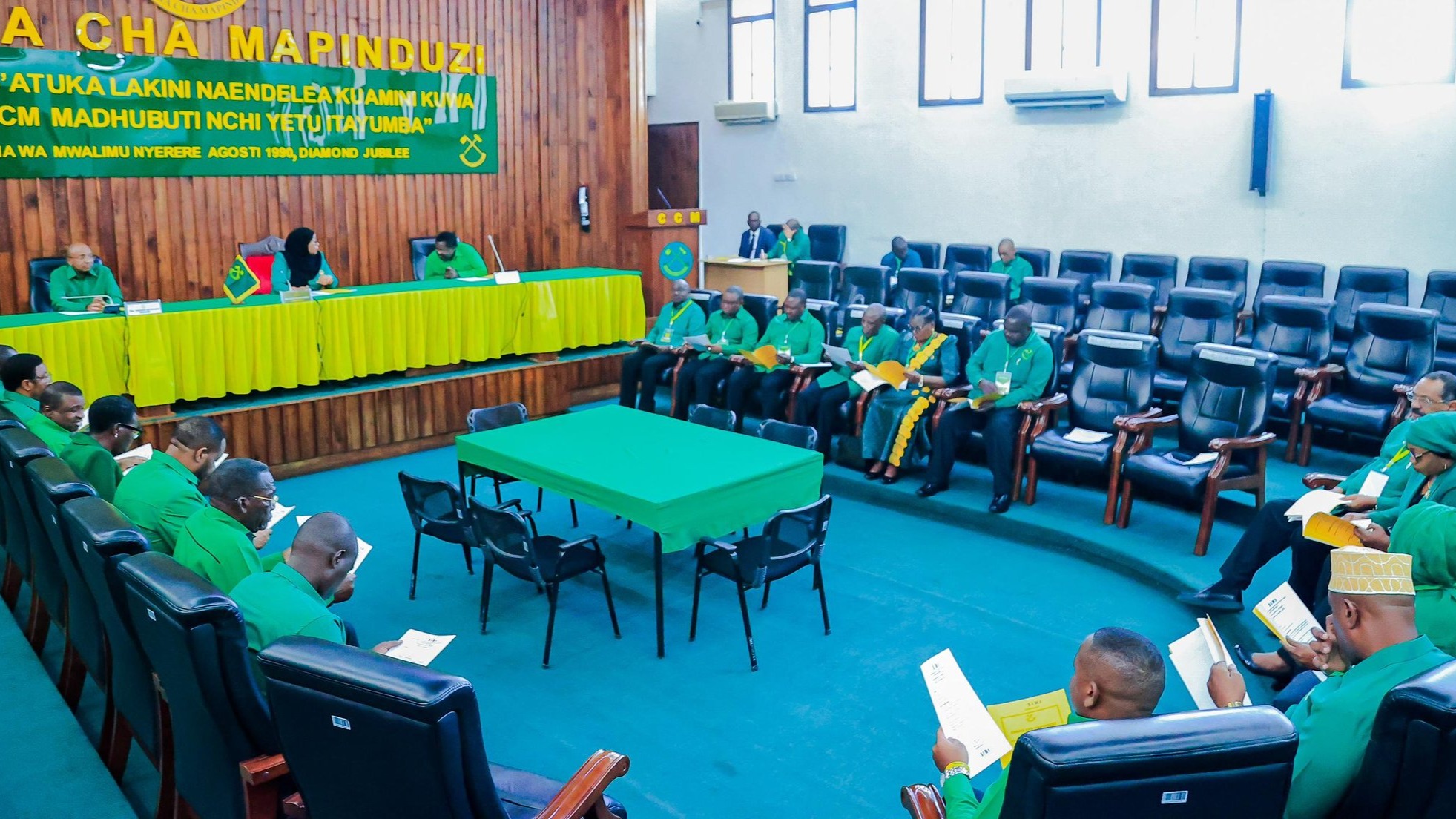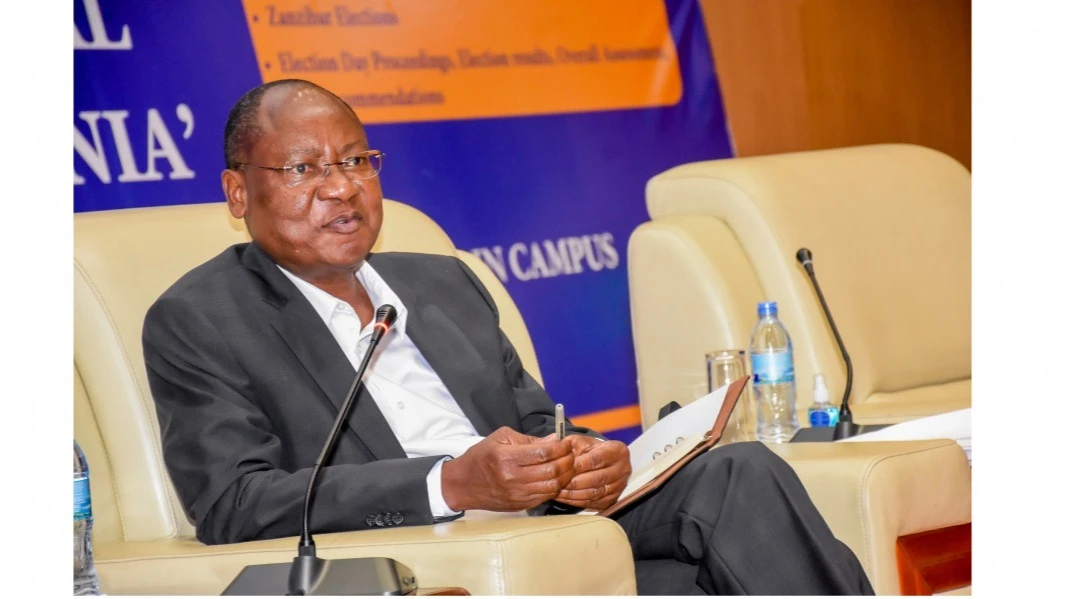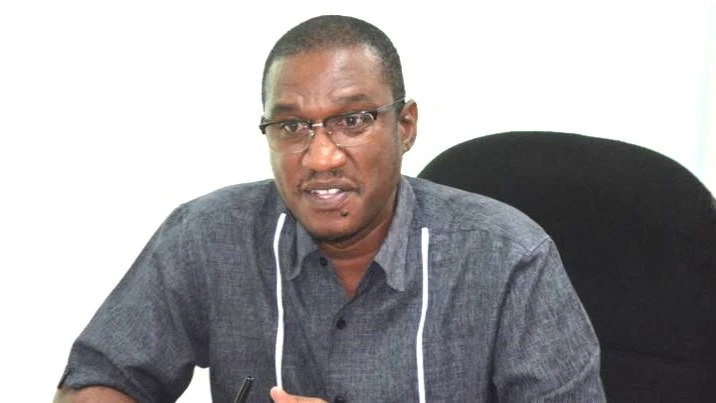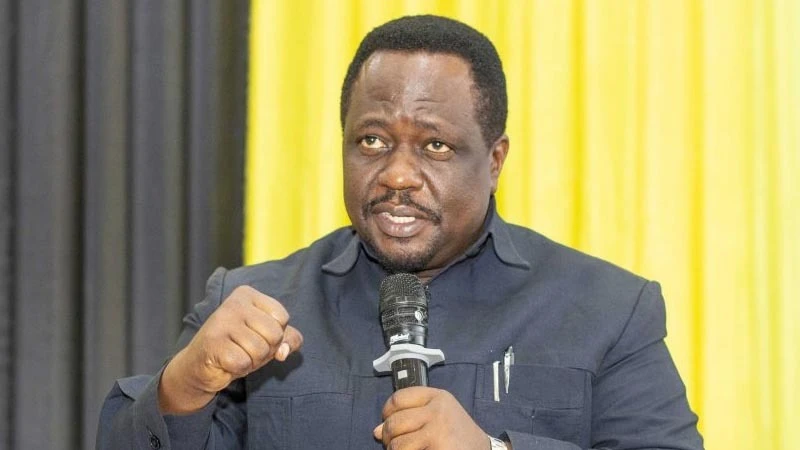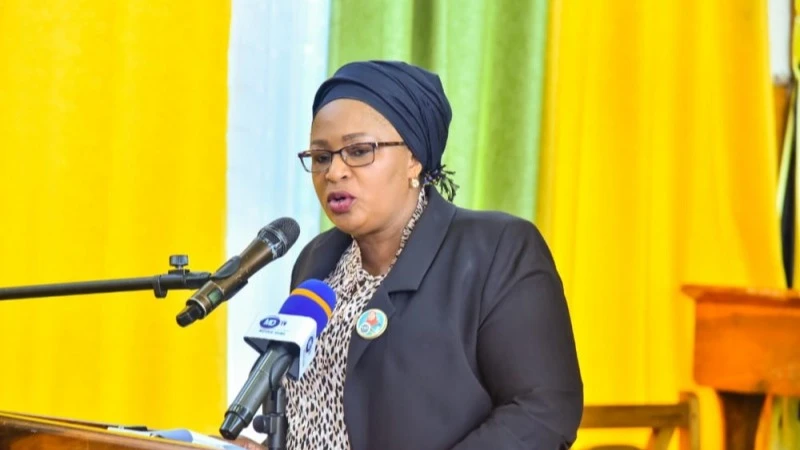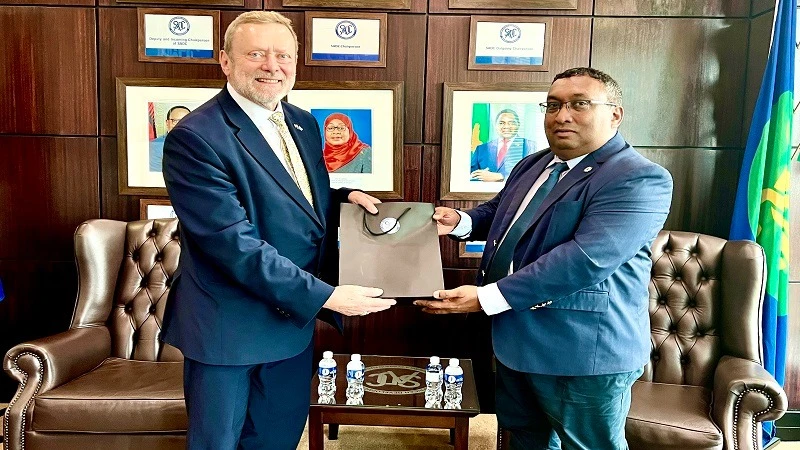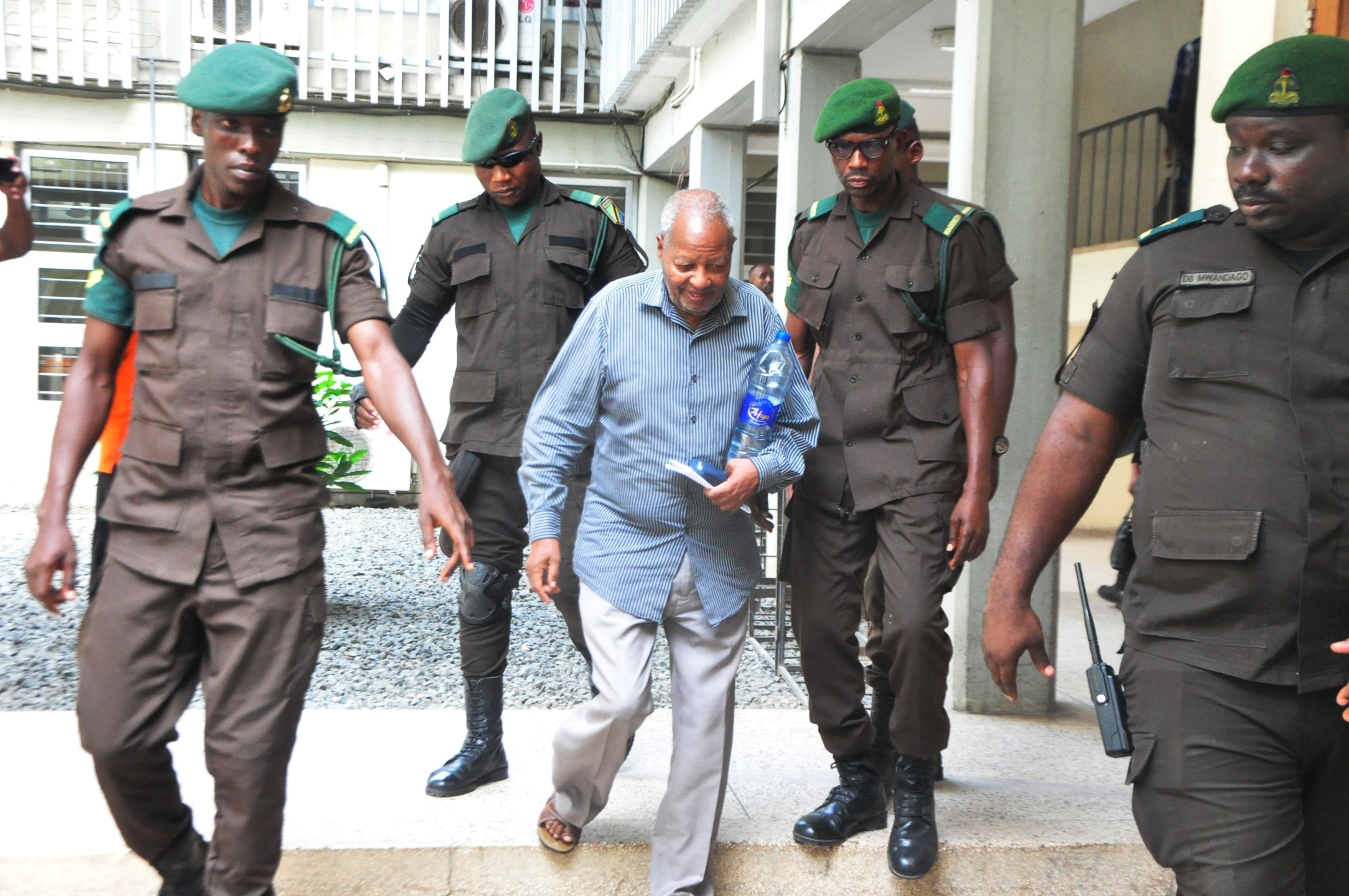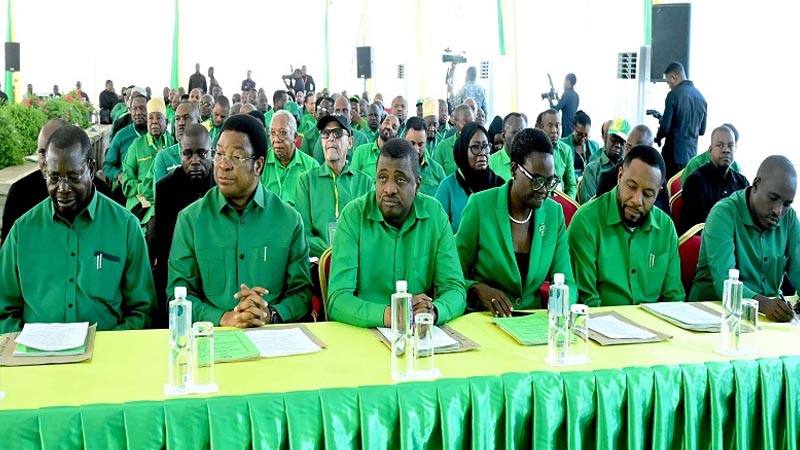Set retirement age at 50 to 55, youth activists demand

YOUTH groups are proposing lowering the voluntary retirement age to 50 and setting mandatory retirement at 55 rather than 60 to create more opportunities for younger people.
Omary Punzi, coordinator of the national youth development policy conference back in 2007 and at present, said at the event in Dar es Salaam yesterday, that the government needs to seriously consider the proposal, “to ensure that young people can also benefit from the nation's resources.”
He similarly suggested that the private sector be encouraged to set up a job placement system as in the government, so ease competition for young people.
While the public sector advertises job openings when they arise, the private sector does not usually operate in that way, he said, citing other limitations as including recruitment age.
"We also see that the current age limit for joining the army is 25, yet there is a government-established system for adult education,’ he stated, disappointed that the army recruitment system does not prioritise those who graduate later in life.
“It would be beneficial to raise the age limit for joining the army to at least 30, so that those who have completed higher education by that age have the opportunity to serve their nation," the lobby veteran declared.
Punzi, who serves as the Coast Region scout activities coordinator, stressed the importance of considering these changes, while fellow activist Simon Chambi proposed that Vision 2050 add changes in youth employment prospects.
“There should be a special platform and strategy to connect youth with employment opportunities and international exchange programs to address the challenges young people face in securing jobs,” he appealed.
Only five percent of young people benefit from various training and employment opportunities abroad, he said, calling for a strategy to help youth access accurate information and connect with opportunities more easily.
"Vision 2050 should specify how young people can access training in areas not covered by formal education, such as reproductive health and financial literacy. This would help young people become more self-aware and make better use of their limited financial resources," he told the gathering.
Gipson Kawago, a conference participant, highlighted the need for stronger focus on practical education over conceptual learning, asserting that this would help young people become self-employed upon leaving school or college.
"There is a lack of infrastructure to help young people develop practical skills. A system should also be introduced to teach students digital literacy from primary school, so that they are familiar with technology when they reach higher education," he stated.
Joseph Malekela, contributing, observed that the vision does not clearly outline how the country plans to prepare young people for leadership roles, hinting at the need for the vision to specify a formal process by 2050, showing how young people will be included in decision-making positions.
Ridhiwani Kikwete, the Labour, Youth, Employment and Persons with Disabilities state minister in the Prime Minister's Office (PMO), assured that the government would ensure young people have greater access to national resources. Their ideas would be incorporated into national development plans.
"Your proposals will be taken into account and reflected in the larger plan to be implemented,” he said, recalling that addressing the challenges faced by the youth is pivotal to the work assigned to him by President Samia Suluhu Hassan.
Top Headlines
© 2025 IPPMEDIA.COM. ALL RIGHTS RESERVED








